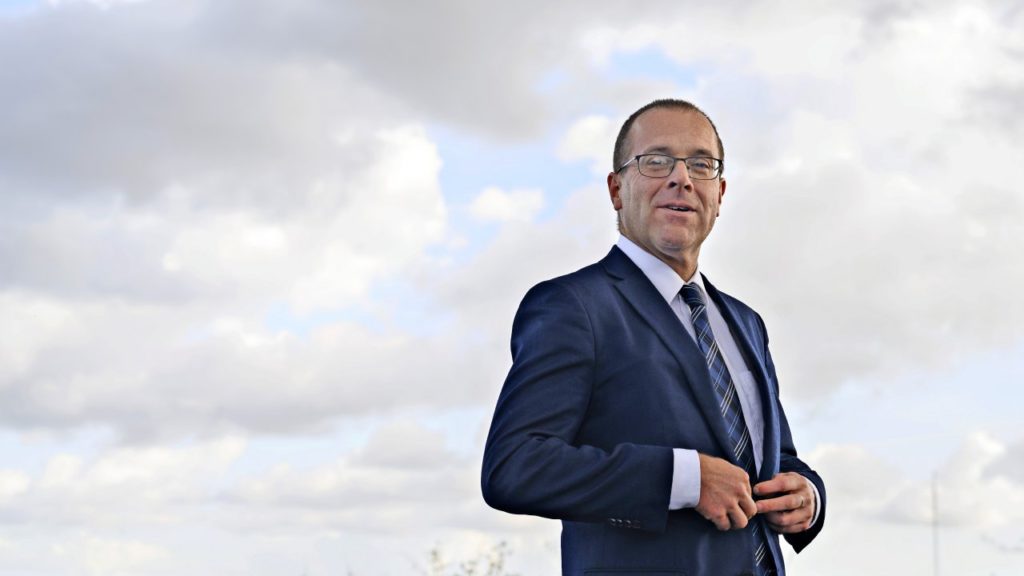The expected second wave of the coronavirus pandemic has not yet started, according to the European director of the World Health Organisation (WHO), Hans Kluge.
In a Skype interview published on Saturday in De Tijd, Kluge was critical of the way Belgium and other European countries are experiencing new flare-ups as a result of corona-fatigue. His job involves dealing with 53 different health ministers.
“They are concerned about the increase in the number of infections, of course. Their questions are diverse: about protective equipment, technical matters or political issues. With the US and EU announcing they are already making deals on vaccines, I get messages almost daily from ministers or presidents wondering, ‘What about the rest of us?’”
One answer to the latest increases, he says, would be communications targetted at young people.
“What strikes me: people are tired. Young people in particular have to contend with a certain defeatism. In various countries, we see the number of infections mainly increasing in people between 20 and 40. We need to reach these people with targeted communication about the risks.”
Another good idea would be coordination of national responses, as well as a sort of best-practice study.
“We have to take [the new flare-ups] very seriously,” he said. “We've already learned our lessons the hard way. So we have to tackle the hotbeds very quickly and drastically, as Denmark and Greece did at the beginning of the crisis. This mainly concerns outbreaks among young people, who are often seriously ill and unbalanced for weeks. This virus is a tornado with a very long tail, even in young people.”
But it would be wrong, he said, to assume this is the second wave of the pandemic everyone was expecting. Far from it.
“In most parts of Europe, the first wave is not even over. How does such a first wave normally proceed? The curve rises, stabilises for a time and then falls slowly due to the natural course of a virus. When the number of infections went down, it was not because of the natural decline, but because of the drastic, restrictive measures.”
The virus, then, was not allowed to follow its natural curve, but it did not go away.
“If you remove the restrictions while the virus is still rampant, things will explode again. The lockdown was of course necessary to get the capacity of our health sectors in order and to set up a system of contact tracing. But we are now seeing that that is not working well enough in many places.”
The critical period will come in the autumn, he said, with the confluence of three important factors: seasonal influenza, the return to school and university, and the arrival of colder weather and its effects on the mortality of the elderly.
If those factors coincide with a revival of the virus, we will have a problem on our hands.
Kluge, originally from West Flanders and now living in Copenhagen, where the WHO’s Europe office is based, diplomatically refused to be drawn on local Belgian questions like the changing size of bubbles, the Antwerp curfew and the never-ending dispute over the utility of face masks.
Instead, he presented the pandemic as a social problem which the majority of us can only approach from a social angle.
“In the beginning you had little choice with your lockdowns, but now there is a lot more strategic insight. You have to keep Covid-19 under control, keep your economy straight, and get your education system going,” he said.
“That is not only the responsibility of the government, but of society as a whole. It is also up to the population to change their behaviour. The virus will be around for a while, regardless of all the crazy reports I hear about the vaccines that are supposed to be coming soon.”
Alan Hope
The Brussels Times

